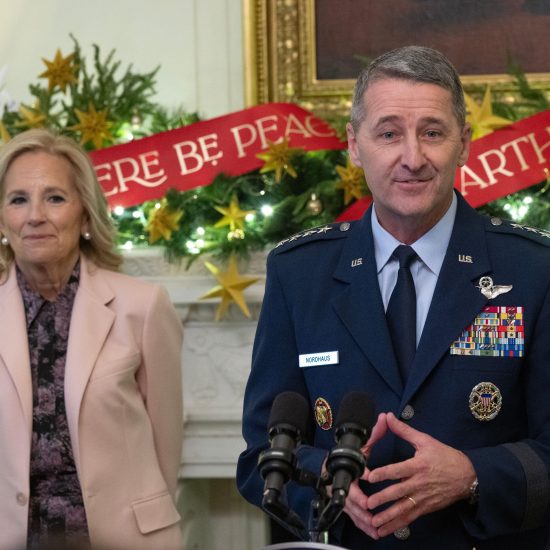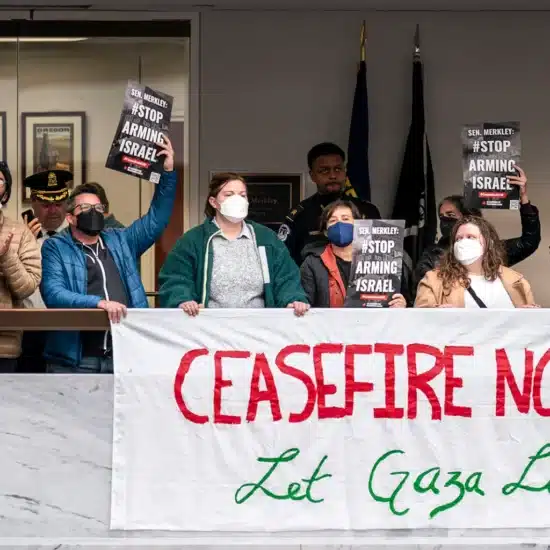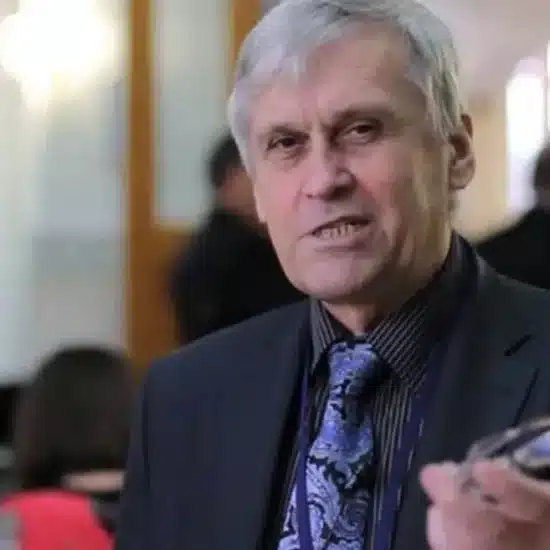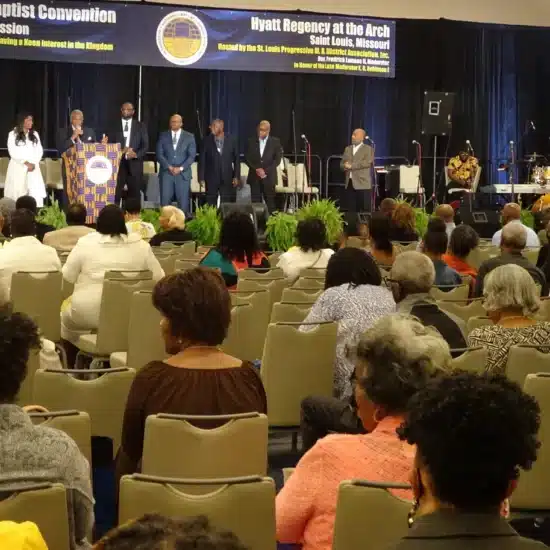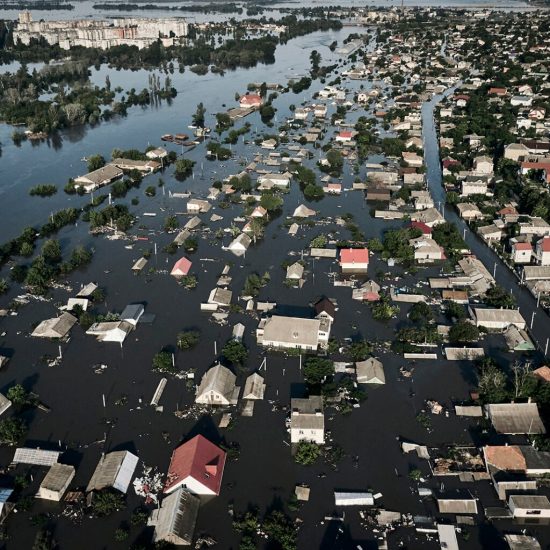Ferguson.
People across the United States and in some other countries no longer need to be told that Ferguson is a small town in suburban St. Louis, Mo. The mere mention of Ferguson evokes awareness of the Aug. 9 shooting of Michael Brown, an 18-year-old black man, by local policeman Darren Wilson when an altercation developed between the two shortly after Brown allegedly committed a petty theft of tobacco products from a Ferguson convenience store.

Bill Webb
|
The name Ferguson evokes images of protesters — some engaged in rock-throwing, destruction of police vehicles, arson and looting — facing off against local law enforcement aided by area reinforcements and Missouri National Guard personnel. Violence erupted after the initial shooting and three months later after a grand jury determined not to indict the officer in the shooting of the unarmed teen.
Another Missouri town — this one on the southwest edge of the state — gained national and international awareness when a multiple vortex tornado ripped through Joplin on May 22, 2011. More than 150 people lost their lives as the tornado scraped over a huge swath of landscape, leveling neighborhoods, flattening churches and destroying schools, a hospital and businesses on a large scale.
Mention the name Joplin today and most people know where it is located and can recall what happened there three-and-a-half years ago.
Ferguson is reeling. In fact, the city is broiling with violent anger that has obvious racial overtones. Some suggest it all stems from the death of the 18-year-old on Aug. 9. Others say the racial tension built up over the years simply boiled over in a heavily integrated community with a predominantly white police force. Many in the community protest that blacks have long been targeted by police in Ferguson and that the latest shooting has triggered the underlying anger of a large number of Ferguson’s residents.
No one seems to have a constructive answer for Ferguson’s impasse. One thing is for sure, the vast majority of residents do not want Ferguson to self-destruct. But does the town have a viable future beyond the exchange of blame on the streets, and subsequently, in local and national media?
It is well past the time for “statements” to be made from the various sides and interests in and around Ferguson and for “charges” to be lobbied back and forth. It is time for outsiders — including on-site protesters and pundits firing verbal volleys from a distance — to stand down and allow problems to be addressed locally — by locals.
The black community has residents of influence — leaders — who should wisely and, no doubt, courageously utilize their influence to insist residents tone down the rhetoric and discourage criminal activity in the name of protest, whether carried out by other residents or outside agitators. Law enforcement and community leaders will welcome this leadership. In Ferguson, they may be the only people with influence among their peers.
Churches in Ferguson and the entire St. Louis area will continue to open their doors for prayer for Ferguson and all involved. God forbid that they should stop. Some congregations have opened their doors for face-to-face conversation.
Ferguson’s civil leaders and its citizenry surely recognize that they have to communicate constructively with each other to save and improve this city of about 21,000. The events of the past three months appear symbolic of longstanding tensions.
Churches of all stripes can play a role beyond praying and making facilities available for civil dialogue. Pastors black and white — many of them — have developed relationships that can in turn benefit the entire community. But also they can help their own congregations actively influence positive change in Ferguson, some of them probably beyond their normal comfort zones.
Every segment of Ferguson needs to see more love in action and less destructive and bitter reaction. Ministers and churches have the spiritual and human resources to help effect positive change. They know outsiders who are willing to help.
Joplin has risen from the ruins today and is still working to complete the task of rebuilding. The progress is a testimony to devastation turned around.
Ferguson has much from which to recover. Different from Joplin, Ferguson has the potential to rise from strife in relationships, work through its problems and model a healthy community.
Pray that it will be so.
Bill Webb is editor of Word & Way.

